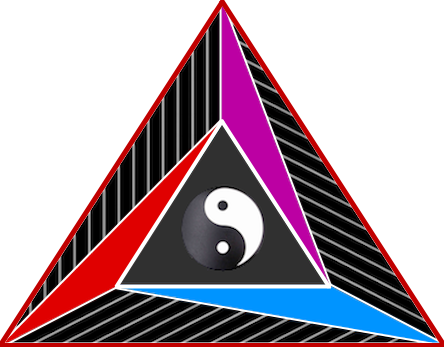
The Spiritual Seek
γνῶθι σεαυτόν - nosce te ipsum
Get to know yourself better with our tests
The Spiritual Seek
γνῶθι σεαυτόν - nosce te ipsum
Get to know yourself better with our tests